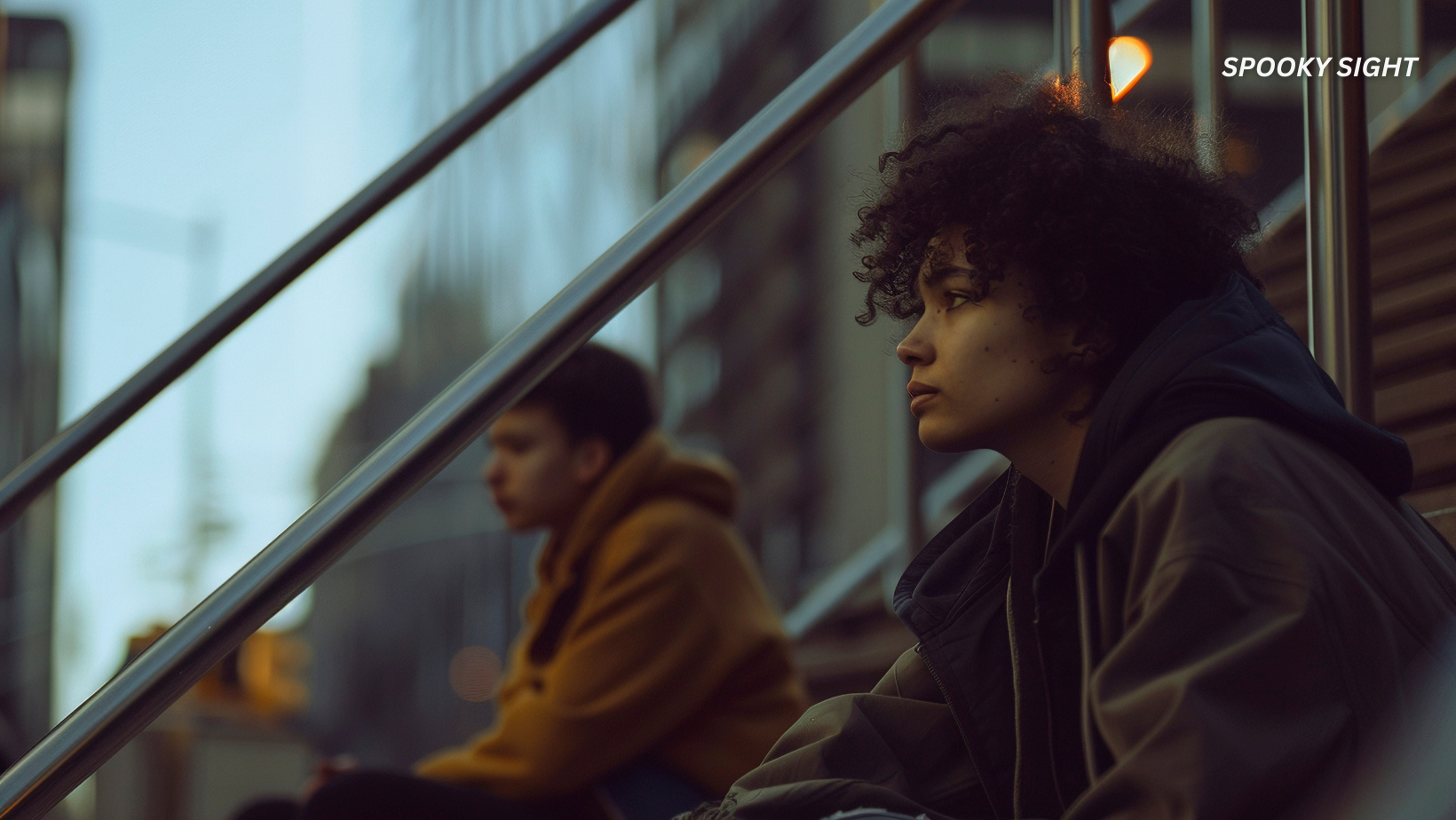Loneliness is one of those invisible things that can quietly sneak into a person’s life, no matter how many friends they have, how full their calendar looks, or how busy their surroundings might be. It’s not just about being physically alone—sometimes, the loneliest people are the ones surrounded by others, yet feeling completely unseen.
The tough part about loneliness is that it doesn’t always show up in obvious ways. You might not spot it right away in someone you know. It hides behind small habits, quiet behaviors, and subtle emotional patterns.
Here are eight less-noticed traits that can show up in people who are feeling profoundly lonely:
1. They Have a Hard Time Opening Up
People who are very lonely often carry a quiet fear that being real or honest about their feelings will push others away. Vulnerability feels risky. What if they’re judged, rejected, or misunderstood?
So, rather than share what’s really going on, they bottle things up. They might smile when they want to cry or nod when they want to speak up. Even when others are willing to listen, they hesitate—choosing silence over the possibility of being seen as too emotional or too much.
But here’s the paradox: while hiding their feelings is meant to protect them, it also keeps others at a distance—making real connection even harder.
Read more: Hearing These Common Phrases In Childhood Could Mean You Were Raised by a Master Manipulator
2. They Overthink Everything They Say
After a conversation, someone who feels very lonely might spend hours replaying it in their mind. Did they say something wrong? Were they too awkward? Did they come off as weird?
This spiral of overanalyzing—what psychologists call “rumination”—can be exhausting. It’s a mental loop that focuses on perceived mistakes and social missteps. Even simple chats can turn into stress-inducing memories that replay on a loop.
The result? Socializing becomes a source of anxiety, even though deep down, they really want to connect with others.
3. They’re Extra Sensitive to Criticism
When someone’s feeling lonely, it can feel like their emotions are turned up to max volume. Even small bits of criticism—real or imagined—can sting more than usual. A raised eyebrow, a teasing comment, or a moment of silence might be interpreted as rejection.
This heightened sensitivity doesn’t mean they’re overly dramatic—it just means their emotional radar is always on high alert. They might notice subtleties that others miss. And while this can make them incredibly empathetic and tuned in to other people’s feelings, it also leaves them more vulnerable to hurt.
4. They Don’t Think They Deserve Love
One of the more painful beliefs lonely people carry is the idea that they’re somehow not worthy of love or real connection. They may feel too flawed, too much, or not enough. This can stem from rejection, trauma, or just the way their loneliness has shaped their view of themselves over time.
When someone believes they aren’t lovable, it becomes harder for them to reach out or trust in relationships. They might unconsciously push people away, convinced that they’re doing others a favor by keeping their distance.
But the truth is, everyone is worthy of love—just as they are. Recognizing this is a powerful step toward healing and connection.
Read more: New Study Finds Exercise May Help the Brain Let Go Of Traumatic Memories
5. They Insist on Doing Everything Alone
Some people wear independence like armor. They do everything on their own—not because they want to, but because they fear asking for help. Deep down, they worry they’ll be seen as weak, needy, or annoying.
This fierce self-reliance can actually be a defense mechanism. It keeps others at arm’s length and reinforces the belief that they’re on their own in the world.
But here’s the reality: asking for support isn’t weakness—it’s courage. Letting someone in, even just a little, can be the start of feeling less alone.
6. They Have a Rich Imagination
Lonely people often spend a lot of time in their heads. Their imagination becomes a safe place where they can escape reality, play out conversations they wish they had, or picture the life they long for.
Daydreaming isn’t inherently bad—in fact, it can be a healthy coping strategy. But when fantasy becomes a substitute for real connection, it can make coming back to the real world feel even lonelier.
Still, this inner world speaks to their creativity and depth. It’s just important to make room for real-life moments too.
7. They Say “Sorry” All the Time
Have you ever noticed someone who says “sorry” constantly—even when there’s nothing to apologize for? That can be a quiet signal of deep loneliness.
People who feel like they don’t belong often apologize just for existing. They fear being a burden, taking up too much space, or bothering others. “Sorry” becomes their way of shrinking themselves to fit into a world they feel they don’t belong in.
But nobody needs to apologize for simply being here. Everyone deserves space, voice, and presence.
8. They Use Humor to Put Themselves Down
Humor can be a wonderful tool for connection—but when someone is constantly making jokes at their own expense, it might be more than just playful teasing. Self-deprecating humor is often a mask for deeper pain.
By making themselves the punchline, they try to beat others to the joke, as if to say, “I’ll laugh at myself before you can.” It might make others laugh, but it can slowly chip away at their own sense of worth.
Over time, this kind of humor can become a self-fulfilling prophecy, reinforcing negative beliefs instead of challenging them.
Scientists: 3 Days of Silence Is Enough to Rewire Your Brain
Final Thoughts: Loneliness Wears Many Faces
Loneliness doesn’t always look like someone crying alone in a room. Sometimes it looks like someone who’s always smiling, cracking jokes, or insisting they’re fine. It hides in plain sight—behind independence, politeness, and even laughter.
The good news? Loneliness isn’t permanent. It’s a human experience, not a life sentence. Noticing the subtle signs—whether in yourself or someone else—is the first step toward change. Reaching out, being kind (especially to yourself), and staying open to connection can slowly chip away at that invisible wall.
Everyone deserves to feel seen, heard, and loved—even (and especially) when they feel most alone.
Image: Freepik.









